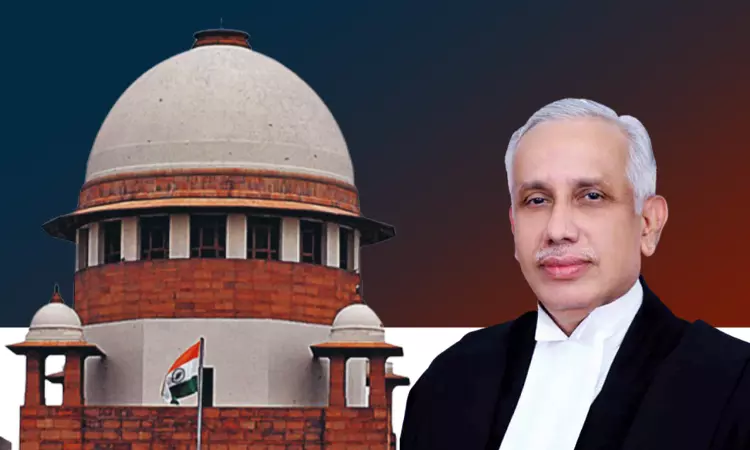Pay Junior Lawyers Decently, Let Them Brief and Argue: Justice Abdul Nazeer In Farewell Speech
Awstika Das
4 Jan 2023 9:30 PM IST

Next Story
4 Jan 2023 9:30 PM IST
On his final day as a judge of the Supreme Court, Justice S. Abdul Nazeer echoed a sentiment that has been expressed by other members of the judicial fraternity in the past with respect to remunerating junior members of the bar fairly and allowing them to brief and argue in matters. Speaking at his farewell function organised by the Supreme Court Bar Association, Justice Nazeer said,...
